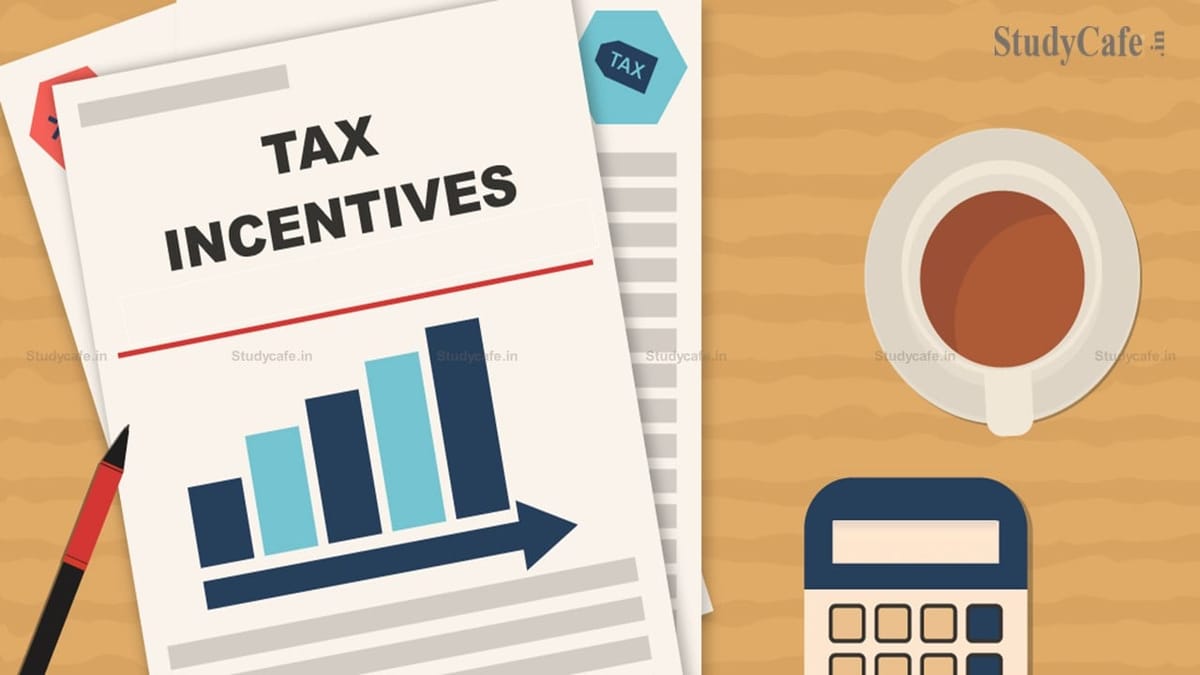Deepshikha | Feb 2, 2022 |

Budget 2022: Day Traders, Jobbers, and Market Makers Deserve Substantial Tax Incentives
People who grew up in the 1980s and 1990s will recall the level of anticipation and enthusiasm that Doordarshan’s (DD) New Year Eve entertainment programme elicited among middle-class families. While the upper crust partied all night, the middle class would ring in the new year by sitting in front of their black-and-white televisions and watching various comedians try their hardest to make people laugh.
The current scenario with the Union budget is rather similar.
Previously, the wealthy would eagerly await the budget to find tax breaks and incentives to invest. The middle class would be content to wait for some tax breaks. More subsidies and welfare programmes would be expected by the impoverished.
That circumstance no longer exists.
Deductions and tax incentives have been mostly rationalized. The majority of tax rates are predictable. Indirect taxes are not included in the budget and are entirely under the control of the GST council. The majority of assistance programmes have been devolved to the states.
The union budget has devolved into a tedious accounting process. Changes in the taxation of long-term capital gains (LTCG) from the selling of publicly listed equities are one such tale that appears practically every year. If my message box serves as a barometer, at least half of the market participants are once again debating and fretting over it!
On an intraday basis, Budget Day is traditionally one of the most volatile days of the year, as traders speculate wildly on any of the FM’s announcements during the budget speech. Given the market’s fall before the budget, one may presume that many expectations have already been priced in and that any major announcements will simply cause a larger shift.
Historically, whenever we’ve had a sharp drop ahead of the budget, it’s allowed traders and investors to establish positions with a fresh view after the budget announcement.
Stakeholders want massive infrastructure investment, fiscal support for small businesses, a boost to private consumption by putting more money in people’s hands (lower taxes), increased spending on healthcare, agriculture, and education, aggressive disinvestment, a lower fiscal deficit, housing sector stimulus, and so on. No one is advocating for new or increased taxes. The capital market does not anticipate any changes to the LTCG or STCG. If STT is abolished, which has been present as an aberration since the LTCG, it will be a significant shock.
Finance ministers have always found it difficult to strike a balance between increased social spending and fiscal austerity. This year’s struggle will be no different. I feel the situation is too unstable to impose any new taxes, such as Estate Duty, or to raise existing tax rates significantly.
The GST Council (GST), state legislatures (Excise Duty and Cess), or international agreements (Custom Duties) currently handle the majority of indirect taxes; the union finance minister has a very limited role in this. As a result, her discretion is essentially limited to direct taxes. Furthermore, she would have very limited opportunity to lower direct taxes because most of them have already been rationalised. If anything, she has the power to levy new taxes or a new cess. As a result, the optimum outcome for taxpayers would be for the FM to retain the status quo on taxes.
In light of various Supreme Court decisions, legislation, rules, and regulations enacted over the last few decades, the sale of public assets (mines, airwaves, PSE shares, land, and so on) must meet criteria such as sustainability, development, transparency, viability, socio-political expediency, and so on, and is highly dependent on current market conditions. There has previously been no link between the asset sale targets announced in the budget and actual achievement. However, future targets, such as increasing PSU bank FDI to 74%, would be closely monitored.
When investing in IPOs, PE funds, or venture funds, for example, one could appreciate the “development of capital market” argument because such investments provide enterprises with much-needed risk capital. The secondary market transactions, on the other hand, do not meet this criterion.
Longer-term holding period incentives have failed spectacularly to improve market liquidity or reduce market volatility. The LTCG tax exemption has been widely exploited for money laundering reasons, as is well known in the marketplace. Indeed, in recent years, the regulator and revenue authorities have taken action in several cases involving the exploitation of the LTCG taxation provision for money laundering.
Day traders, jobbers, and market makers, on the other hand, who supply much-needed liquidity to our shallow markets and hence encourage risk-taking, need significant tax breaks. The elimination of the Securities Transaction Tax (STT) could result in a significant increase in daily volumes and deeper markets, cutting transaction costs and market volatility.
Companies rely largely on “fixed deposits” from home investors to cover their working capital requirements in the absence of a functional retail loan market. These deposits are completely unsecured, posing a considerable risk to investors in exchange for slightly higher interest rates than bank lending rates.
Providers of unsecured debt bear a far larger risk and, as a result, should be given more tax breaks.
In case of any Doubt regarding Membership you can mail us at contact@studycafe.in
Join Studycafe's WhatsApp Group or Telegram Channel for Latest Updates on Government Job, Sarkari Naukri, Private Jobs, Income Tax, GST, Companies Act, Judgements and CA, CS, ICWA, and MUCH MORE!"